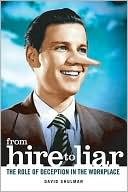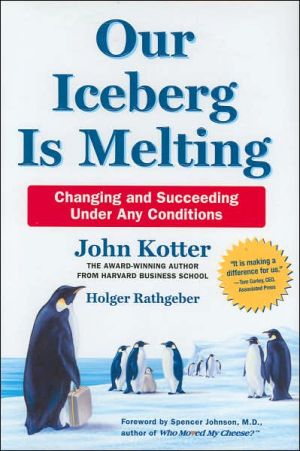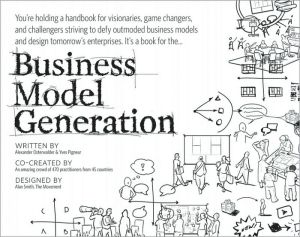From Hire to Liar: The Role of Deception in the Workplace
Search in google:
There are always clients to please, rules to subvert, difficult tasks to perform, work to shirk, and upward mobility to seek. . . . Most people with work experience have encountered at least some version of exaggerated resumes, exploitative bosses, self-interested shirking, collusion against disliked colleagues, lying to clients, and countless other variants of lies on the job. This book tells the tale of such lies in the workplace and examines their impact on ethics, administrating work, and productivity. -from the Introduction According to David Shulman, deception is a pervasive element of daily working life. Sometimes it is an official part of one's work-as in the case study he offers of private detectives, who lie for a living-but more often it is simply part of the fabric of life on the job. Shulman argues that workplace cultures socialize individuals into using deception as a tool in performing their everyday work. To make his point he focuses not on extreme cases but rather on less obvious forms of deception, such as pretending to show deference, shirking one's work, crafting misleading accounting reports, making false claims to customers and coworkers, and covering up business transgressions. Shulman analyzes the motives, tactics, rationalizations, and ethical ramifications of acting deceptively in the workplace. From Hire to Liar offers readers both detailed accounts of workplace lies and new ways to think about the important effects of everyday workplace deceptions.
Acknowledgments ixIntroduction: Is Dishonesty the Real Policy? 1Private Detectives and Deception as Official Work 17Building Believable Lies 37Justifying Work-Related Deceptions 54The Shadow World of Unofficial Deception 73Subterranean Education and Training 82Deception as Social Currency 100Goofing Off and Getting Along 132The Everyday Ethics of Workplace Lies 144Appreciating Deception in Thinking about Organizations 156Research Design 175Notes 191References 197Index 209








